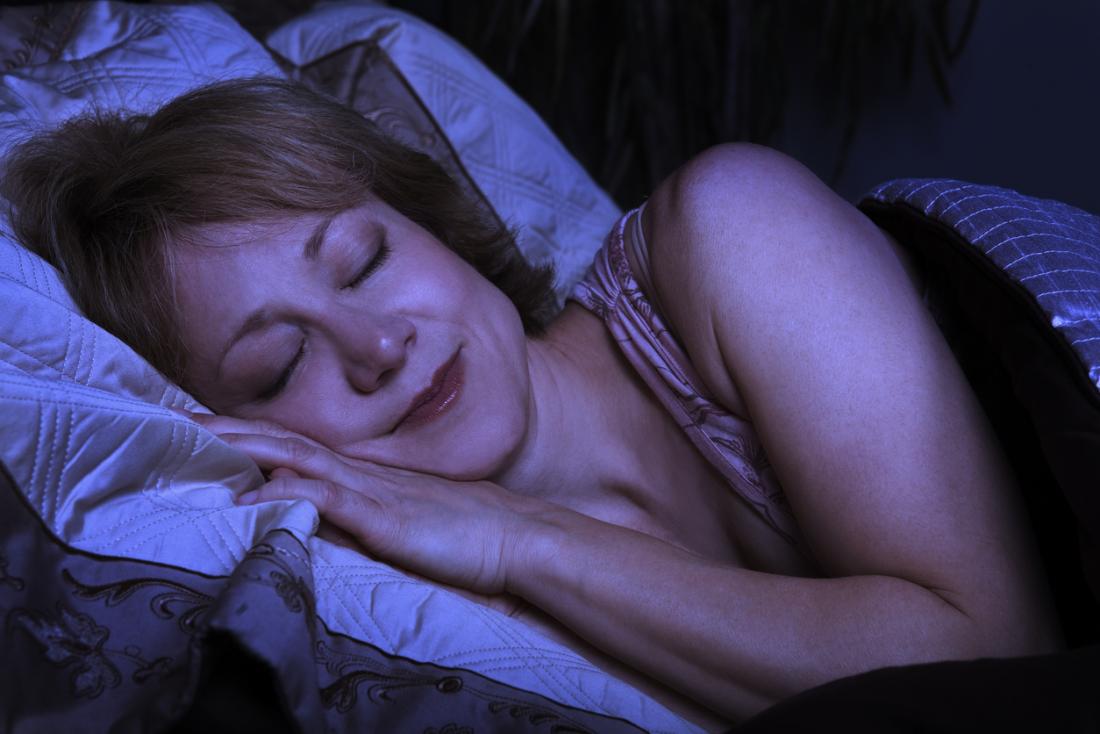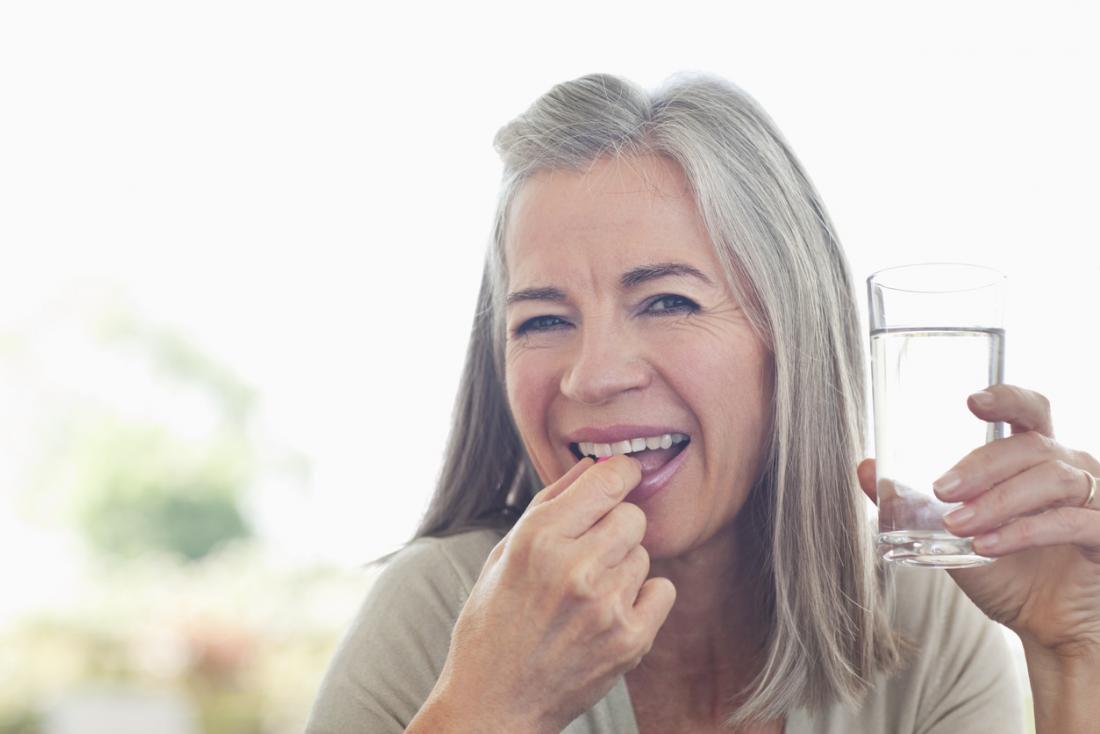Hormonal Balance

HORMONE REPLACEMENT THERAPY (HRT) and BIO-IDENTICAL HORMONES
Hormone replacement therapy, or hormone therapy, can help ease the symptoms of both menopause, including hot flashes, vaginal dryness, and mood swings, and andropause.
Bioidentical hormones are hormones that are chemically the same as those that the body produces.
Although they are made in a laboratory, bioidentical hormones mimic the hormones the human body produces naturally. Bioidentical hormones can be made from a variety of sources that span plant and animal products.
The benefit of using compounded bio-identical hormones is that the type, dose, and formulation (capsule, cream, troche, or other) can be taylored and adjusted according to your individual needs.
This is ideal for anyone looking for an alternative to the ‘one size fits all’ approach to women and men’s health. Capsules, creams, or troches - each dosage form may have advantages and disadvantages for the individual user. Talk to our compounding pharmacists to learn more.
Uses:
The treatment for menopause can be provided as estrogen-only or as a combination of estrogen and progestin.
For women who still have a uterus, the hormone progestin is used alongside estrogen to prevent the overgrowth of the uterine lining, which can lead to endometrial cancer. HRT is available as a pill, nasal spray, patch, skin gel, injection, vaginal cream, or ring.
HRT may help relieve symptoms of menopause, such as:
 Potential benefits of bioidentical hormones include less dry skin, increased sex drive, and improved sleep.
Potential benefits of bioidentical hormones include less dry skin, increased sex drive, and improved sleep.- reduced fatigue
- increased sex drive
- less hair thinning
- reduced hot flashes
- less dry skin
- improved sleep
- reduced bloating
- better thinking and memory
Although people often refer to the symptoms women experience as being those of menopause, they are, in fact, symptoms of perimenopause.
Menopause refers to the time when a woman stops having periods every month. Perimenopause is the time leading up to menopause when the ovaries start to produce less estrogen.
Who needs bioidentical hormones?
Due to the controversy still surrounding the safety of bioidentical hormones, most women going through perimenopause may want to consider other treatment options first.
Women who use or are considering using hormone therapy after menopause should discuss the possible benefits and health risks with their physicians.
Hormone therapy is also used to help transgender people who wish to transition between genders, with estrogen often being prescribed to help transgender women who are looking to develop female secondary sexual characteristics.
Due to the risks posed by this type of therapy, it is vital that a course of hormone therapy is followed under supervision by a medical professional.
Not all women respond well to traditional treatments, however. In these cases, women may consider bioidentical hormones as potential alternatives.
Also, women who have tried other medications may want to consider changes in their lifestyles before starting bioidentical hormone therapy. Some additional measures to try can include:
- taking vitamin supplements
- eating a more balanced, healthful diet
- increasing exercise
- trying to reduce anxiety and stress
How are they used?
 Bioidentical hormones come in a variety of forms, including creams, injections, and tablets.
Bioidentical hormones come in a variety of forms, including creams, injections, and tablets.Bioidentical hormones come in a variety of forms, depending on exactly what symptoms they are targeting.
Types of bioidentical hormones include:
- creams
- gels
- lotions
- capsules
- troches
The application of a treatment is supposed to restore the natural hormones that younger women have, but that reduce as they age.
When under a doctor's care, a woman will be tested for hormone levels, typically by sampling saliva or blood. The doctor will determine what hormones the woman needs and a pharmacist will mix a treatment of supposedly natural ingredients.
During her treatment, a woman will have her hormone levels assessed several times to check for balance.
Progesterone in men
Progesterone is known as a female hormone, but males need progesterone to produce testosterone. The adrenal glands and testes in males produce progesterone.
Progesterone levels in males are similar to those of females in the follicular phase of the menstrual cycle, when the egg follicle on an ovary is preparing to release an egg.
Symptoms of low progesterone in males may include:
![[balding man]](https://cdn-prod.medicalnewstoday.com/content/images/articles/277/277737/balding-man.jpg)
Low progesterone levels in men can lead to hair loss.
- Low libido
- Hair loss
- Weight gain
- Fatigue
- Depression
- Gynecomastia, which is breast development in males
- Erectile dysfunction
- Impotence
- Bone loss
- Muscle loss
Men with low progesterone levels have a higher risk of developing:
- Osteoporosis
- Arthritis
- Prostate CancerProstatism, an obstruction of the bladder neck, typically associated with an enlarged prostate gland
As males age, testosterone begins to decline, estrogen levels rise, and progesterone levels fall dramatically.
Herbal Alternatives provided by Nature - Safe, Tried, Wholistic
If you prefer the safer natural approach for hormonal balance, we recommend you try a blend of herbal extracts, custom made by our herbalists. This is the safest, wholistic, first choice approach, proven effective by centuries of worlwide traditional medicine practice. The living plants are regulated by chemical messengers and hormones very similar to the ones found at work in humans.
Modern research has led to the identification of phytoestrogen and phytoprogestagen compounds in commonly used herbs, which, when taken orally, exert estrogenic or progestogenic effects and relief the symptoms of hormonal defficiencies and imbalance seen in menopause and PMT for example. Extracts of Sage and Black cohosh are likely to stop hot waves or flushes, while Wild Yam and Siberian Ginseng will provide the progestogenic effect for balance, and Mugwort and Chaste Tree berries may regulate the cycle and help relieve premenstrual tension. We have a whole range of herbs to relief cramps and period pain, and others to trigger delayed period, and others for PCOS, for conception, for libido, and much more. Please contact us for more information.





